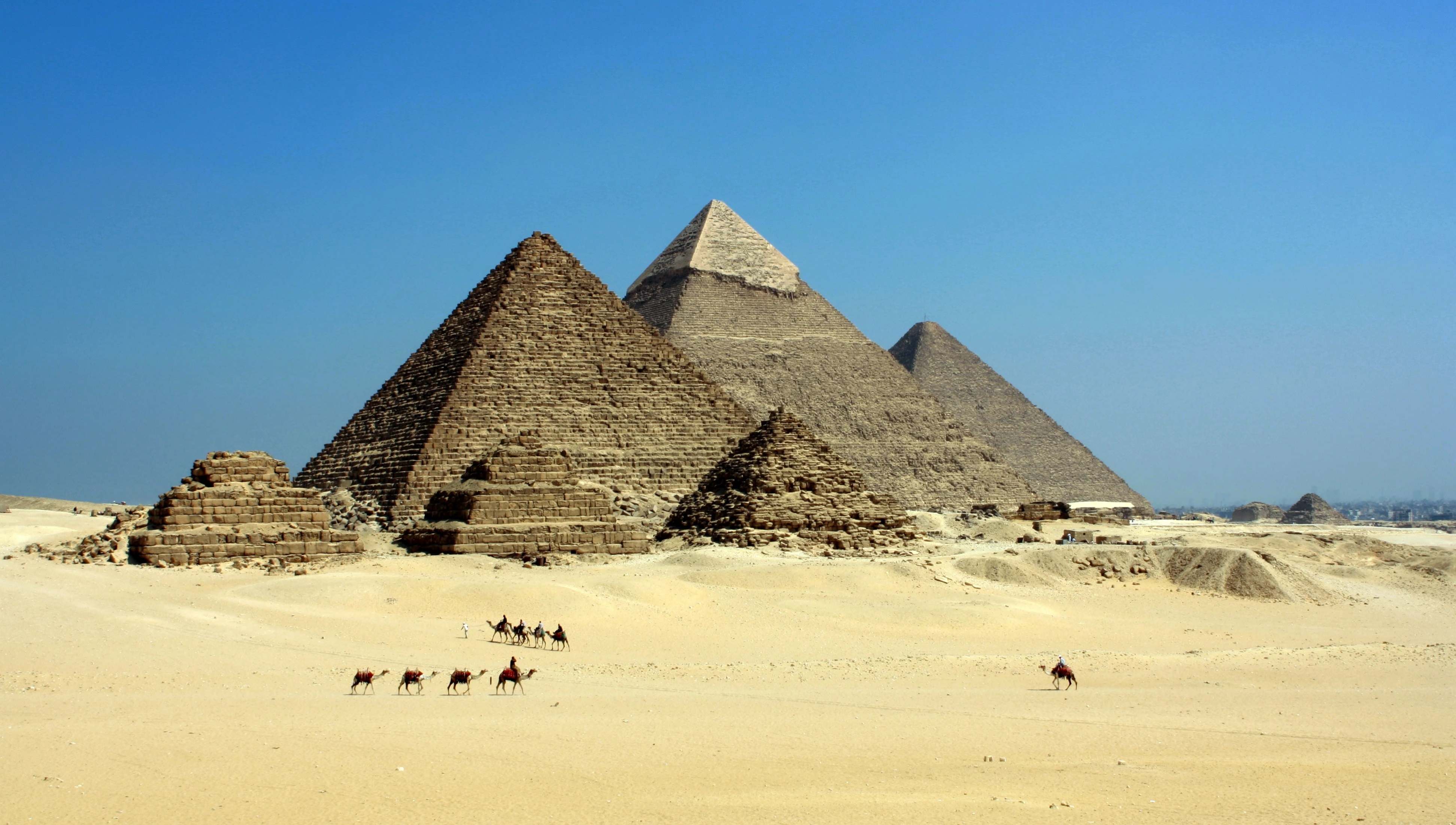Sample by My Essay Writer
If Islam rhetoric and symbols were relatively scarce during Jan-Feb 2011 uprising in Egypt, why are Islamists now enjoying such widespread success in the country’s current parliamentary elections?
The Muslim Brotherhood, a moderate Islamist movement that was banned by former Egyptian leader Hosni Mubarak, is lining up as the leader in the current Egyptian parliamentary elections. Another Islamist party, the Al-Nur party, is showing what many consider to be shocking results. Al-Nur is a more hard-lined Islamist party than the Brotherhood. Al-Nur’s success is attributed by its leader, Emad al-Din Abdel Ghaffour, to working with the people and addressing education and economic issues, which are main concerns of the voters.

While the Islamist parties wants to impose a strict adherence to Islamic law, the leader of Al-Nur also stressed the importance of not discriminating against women and Christians. Al-Nur credits itself as a more forward thinking Islamist party that is more in line with a new way of thinking in Egypt that reflects social programs and human rights. The party still believes, though, in veiling women and not allowing them to drive.

Al-Nur was second in results early in December before the polls closed. Many people are surprised that an uprising limited in rhetoric and symbols was able to win the hearts and minds of the Egyptian people. Leaders of both Islamist parties have called for democracy, inclusiveness and the issuance of freedoms. Voters have also responded to the parties’ stand against corruption, which plagued the country under previous ruler, Hosni Mubarak.
Many of those who oppose an Islamist party are concerned about religious freedom and civil liberties. Much of the success of the Brotherhood’s Freedom and Justice Party is the citizen’s appreciation of a civil state, which would not place emphasis on military and religion. Human rights are another key attribute of the Brotherhood that speaks to a people who proved early this year that they would not tolerate oppression. The people have also responded to the Brotherhood’s advocacy of human rights through social and religious outreach programs.
The Al-Nur party was only around for six months when Egyptians went to the polls in early December 2011 in the first election since the uprising early in the year. The Brotherhood won 36.6 percent in initial polls and Al-Nur was second at 24.4 percent. But the polls are open until March, so analysts are hesitant to predict a winner. The rule of an Islamist party hinges on the forfeit of rule that is currently held by the interim military regime that came into power after Mubarak.







